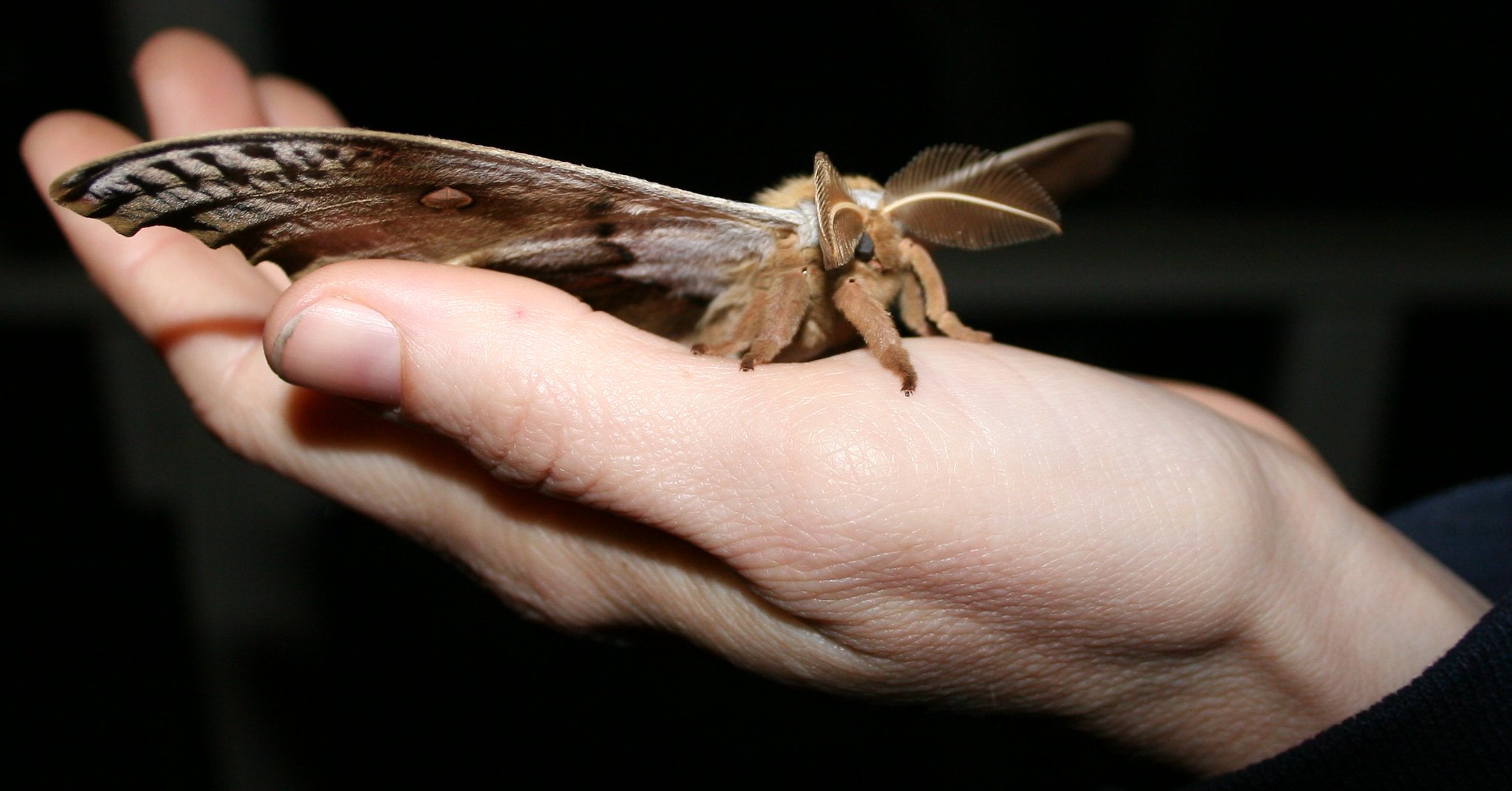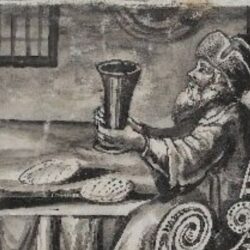Contributor(s): Shared on: Categories: Tags: | Source (Hebrew) | Translation (English) |
|---|
אֱלִי, רְפָאֵנִי וְאֵרָפֵא,
אַל יֶחֱרֶה אַפָּךְ וְאֶסָּפֶה!
|
My El, heal me and I shall be healed;
Let not your anger be kindled against me so that I be consumed. |
סַמִּי וּמֶרְקָחִי לְךָ – בֵּין טוֹב
בֵין רָע, וּבֵין חָזָק וּבֵין רָפֶה.
|
My medicines are from you, whether good
Or evil, whether strong or weak. |
אַתָּה אֲשֶׁר תִּבְחַר וְלֹא אָנִי,
עַל דַּעְתְּךָ הָרָע וְהַיָּפֶה.
|
It is you who shall choose, not I;
Of your knowledge is the evil and the fair. |
לֹא עַל רְפוּאָתִי אֲנִי נִסְמָךְ –
רַק אֶל רְפוּאָתְךָ אֲנִי צוֹפֶה.
|
Not upon my power of healing I rely;
Only for your healing do I watch. |
Nina Salaman’s English translation of Yehudah haLevi’s physician’s prayer, adapted by Aharon Varady. Nina Salaman’s translation was first published in 1924. This transcription of Yehudah haLevi’s prayer was made by the Ben-Yehuda Project. Source(s)
 Paulina Ruth "Nina" Salaman (née Davis) (פָּאוּלִינָה רוּת ”נִינָה” דֵעוִיס שָׂלָמָן; 1877 – 1925) was a British Jewish poet, translator, and social activist. She is best known for her English translations of medieval Hebrew poetry, especially of the poems of Judah Halevi. Paulina Ruth Davis was born on 15 July 1877 at Friarfield House, Derby, the second of two children of Louisa (née Jonas) and Arthur Davis. Her father's family were secular Jewish precision instrument makers, who had immigrated to England from Bavaria in the early nineteenth century. A civil engineer by trade, Arthur Davis became religiously observant and mastered the Hebrew language, becoming an accomplished Hebraist noted for his study of cantillation marks in the Tanakh. The family moved to Kilburn, London when Nina was six weeks old, later settling in Bayswater. There, Davis gave his daughters an intensive scholarly education in Hebrew and Jewish studies, teaching them himself each morning before breakfast from the age of four, and taking them regularly to the synagogue. The Davises moved in learned Jewish circles, and friends of Nina's parents included the families of Nathan Adler, Simeon Singer, Claude Montefiore, Solomon Schechter, Herbert Bentwich, and Elkan Adler. Arthur Davis was one of the "Kilburn Wanderers"—a group of Anglo-Jewish intellectuals that formed around Solomon Schechter in the 1880s—members of which took an interest in Nina's work and helped her find publication for her writings. Founded in 1999, the Ben Yehuda Project digitally transcribes Hebrew works in the Public Domain. Yehudah haLevi (also Judah ha-Levi; Hebrew: יהודה הלוי and Judah ben Shmuel Halevi יהודה בן שמואל הלוי; Arabic: يهوذا اللاوي; c. 1075 – 1141) was a Spanish Jewish physician, poet and philosopher. He was born in Spain, either in Toledo or Tudela, in 1075 or 1086, and died shortly after arriving in the Holy Land in 1141, at that point the Crusader Kingdom of Jerusalem. Yehudah haLevi is considered one of the greatest Hebrew poets, celebrated both for his religious and secular poems, many of which appear in present-day liturgy. His greatest philosophical work was The Kuzari. Aharon Varady (M.A.J.Ed./JTSA Davidson) is a volunteer translator for the Open Siddur Project. If you find any mistakes in his translations, please let him know. Shgiyot mi yavin; Ministarot Naqeni שְׁגִיאוֹת מִי־יָבִין; מִנִּסְתָּרוֹת נַקֵּנִי "Who can know all one's flaws? From hidden errors, correct me" (Psalms 19:13). If you'd like to directly support his work, please consider donating via his Patreon account. (Varady also transcribes prayers and contributes his own original work besides serving as the primary shammes for the Open Siddur Project and its website, opensiddur.org.) Read a comment / Leave a comment (moderated) Works of related interest: |








!["Iudaeus Medicus" [from Constantinople]. Engraving by Alessandro Fabri, from Diversarum nationum ornatus et habitus (1593)](https://opensiddur.org/wp-content/uploads/2025/05/lubrich-arzt-jms-2032-kopie-250x250.jpg)



Leave a Reply